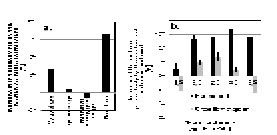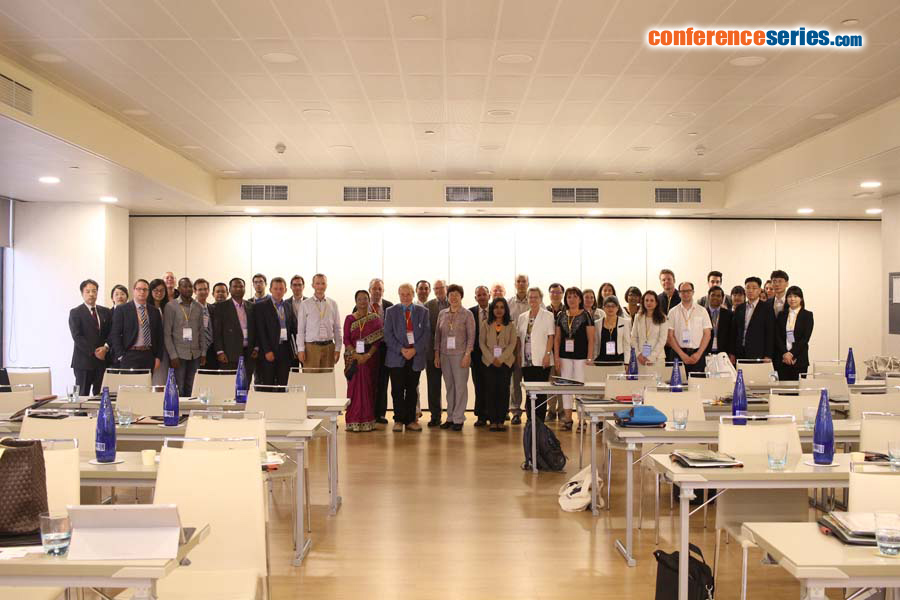
Diana Andrade
Bavarian State Research Centre of Agriculture., Germany
Title: Evaluation of mechanical comminution as substrate pretreatment in biogas production
Biography
Biography: Diana Andrade
Abstract
The improved utilization of the energy potential of agricultural biomass is of tremendous importance. But anaerobic microbiological processes can only, very slowly and incompletely, break up the lignocellulose matrix of a typical agricultural biomass. There is, therefore, an urgent need for economically viable technologies for the pretreatment of biomass which improves subsequent microbiological utilization. A mechanical comminution of the biomass reduces it to smaller particle sizes. It should lead to an exposure of the surface of the solid substrates and facilitate their accessibility for anaerobic microorganisms. The main focus of the experiment is the determination of the possible influence of selected mechanical comminution of typical agricultural substrates on the biogas process. To represent the market offer, five different mechanical crushing technologies were compared. The comparison is made by applying the comminution technologies to a selection of agricultural substrates for biogas production: maize silage, grass silage, cow dung and Hungarian energy grass silage. The comminuted substrates and different comminution technologies were investigated in batch tests. Here, two substrates (maize silage and cow dung) were selected in combination with two technologies (hammer mill and cross flow chopper) to show the highest biogas production increase in order to investigate the effect further under semicontinuous flow conditions. With the statistical evaluation in the batch experiment, it was found that the substrate selection is the variable which has the greatest influence on the measured methane yield, regardless of the technology or the treatment. In addition, the relevance of the treatment could be demonstrated if the rate of substrate degradation was also considered. Under semicontinuous flow conditions, an increase in biogas productivity (maize silage up to 17% and cow dung up to 22%) could be measured by the mechanical substrate preparation. Furthermore, a positive effect on the degradation kinetics of the substrates was demonstrated.

Recent Publications:
- Andrade D., Weber A. (2013) Biogas from grassland biomass: recommendations for the optimization of the degradation process. Journal of Agricultural Engineering. Landtechnik 68 (5).
- Andrade D., Ebertseder F., Munk B., Gronauer A., Heuwinkel H. (2012) Quantification of the effect of two mineral biogas additives on the anaerobic fermentation of energy crops. Fourth International Symposium on Energy from Biomass and Waste in Venedig, Italien
- Gómez M., Ruiz B., Pascual A., Koch K., Andrade D. (2012) Influence of a mechanical substrate pre-treatment on the anaerobic digestion process. CIGR-Ageng2012 International Conference of Agricultural Engineering in Valencia, Spanien
- Andrade D., Ebertseder F., Munk B., Gronauer A., Heuwinkel H. (2012) The effect of two mineral additives on the anaerobic fermentation of two mixtures of energy crops. CIGR-Ageng 2012 International Conference of Agricultural Engineering in Valencia, Spanien
- Andrade D., Koch K., Metzner T., Heuwinkel H., Gronauer A. (2012) Biogas from grassland biomass - Process optimization through substrate mixtures. 21st anniversary of the biogas association biogas e.V. BIOGAS Anniversary and trade fair 2012 in Bremen, Germany.


